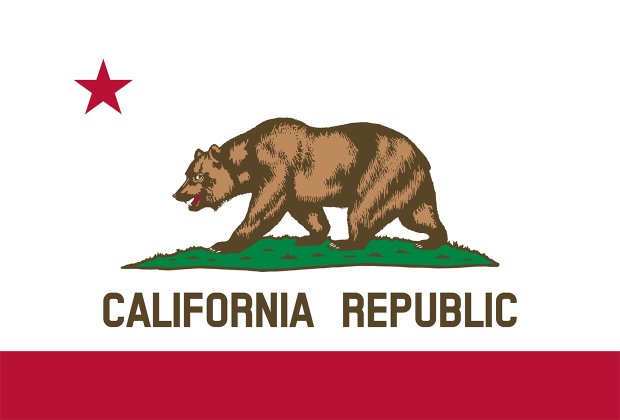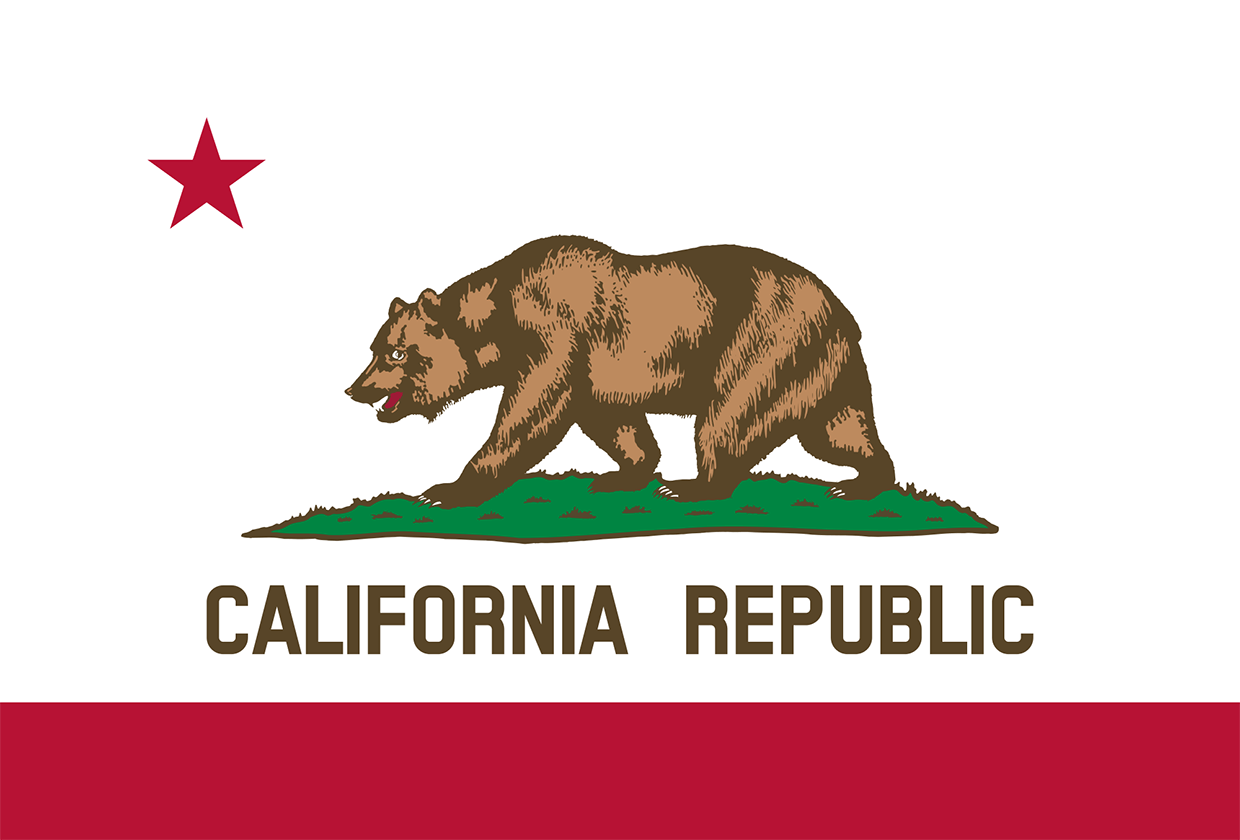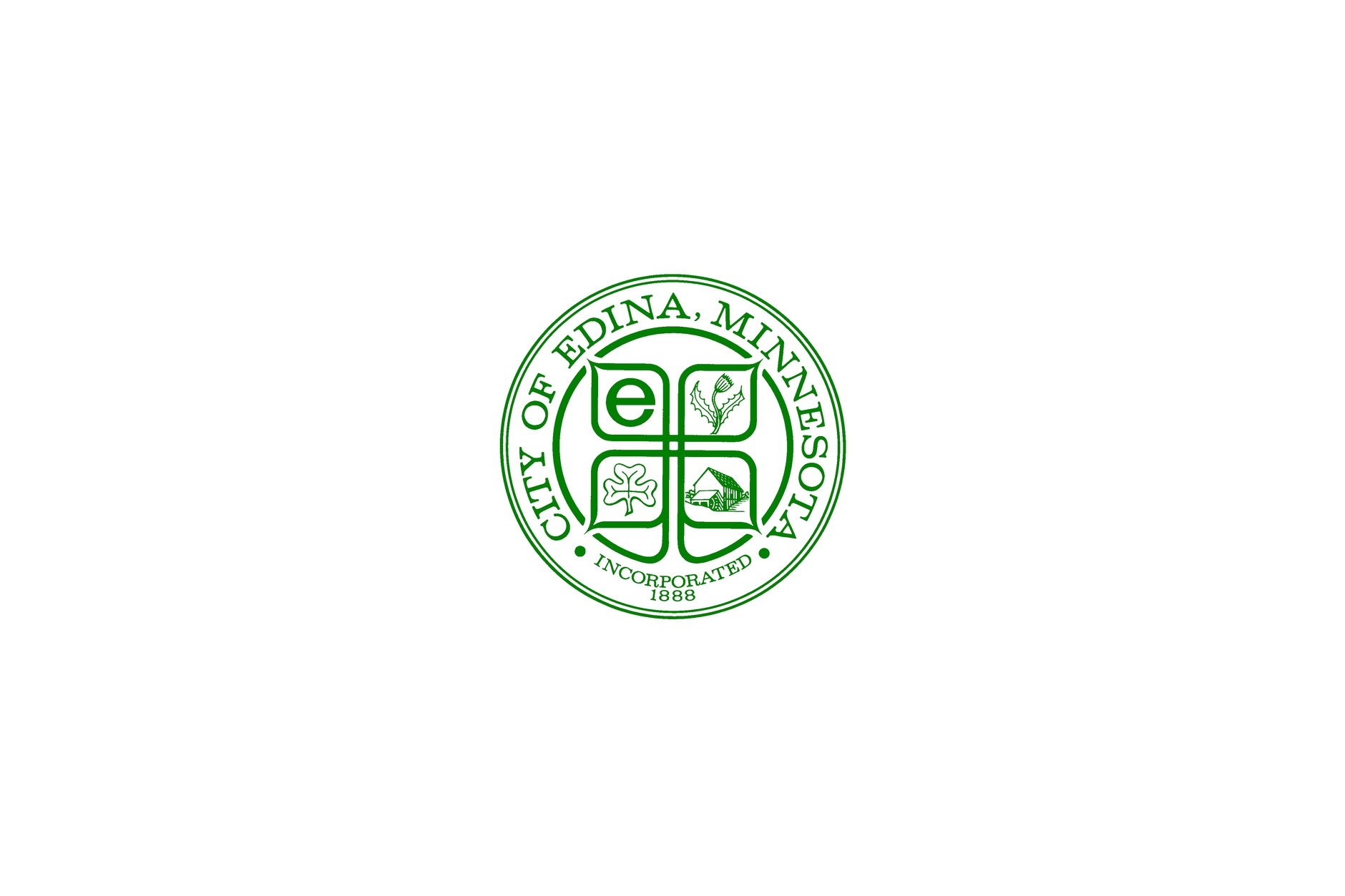R.J. Reynolds and others have asked the U.S. Supreme Court to issue an emergency injunction to stop California’s upcoming ban on most flavored tobacco and vaping products from taking effect.
Yesterday, the plaintiffs in R.J. Reynolds Tobacco Co. et al. v Robert Bonta et al. filed an emergency application for writ of injunction to stop the ban from taking effect. Without court intervention, the law will go into effect no later than Dec. 21. As expected, the plaintiffs have recently had their emergency applications for injunctions rejected by two other courts, one by Judge Cathy Ann Bencivengo of the U.S. District Court for the Southern District of California and another was rejected by the U.S. Court of Appeals for the Ninth Circuit yesterday. Earlier, the Ninth Circuit also rejected a similar argument brought by plaintiffs in a separate suit regarding Los Angeles County’s flavor ban. The plaintiffs in that case—including R.J. Reynolds—have already petitioned the Supreme Court though the matter is still pending action.
Given the rulings in the Los Angeles County case, this was the expected course of action for the California case. Now the question is whether the Supreme Court will grant the emergency injunction and/or take up the case further.
The plaintiffs argue that California’s new law is illegal because the federal government’s Tobacco Control Act preempts states and local governments from making tobacco product standards different from those established in the Tobacco Control Act. The plaintiffs argue that California’s new law imposes further restrictions on the sales of tobacco products, which is barred by the Tobacco Control Act.
Previously, a lower court has ruled that the Tobacco Control Act’s preemption of tobacco products standards is limited to how the products are manufactured, not how they are sold. R.J. Reynolds argues that the lower court’s findings are incorrect.
Because this is an emergency application, the case moves to a circuit justice. Each Supreme Court justice is given a specific appeals circuit to review emergency applications from, in this case, that justice is Elena Kagan. She will now consider three factors as to whether or not the grant the application: whether four of the nine Supreme Court justices would be willing to take up the matter, the likelihood of whether or not the lower court would be overruled, whether or not the lower court ruling will cause permanent harm if the emergency application is not granted.
Kagan could also ask the other justices to weigh in on the emergency application or request briefs from the defendants in this case, i.e., the state of California.
Even if Kagan were to deny the emergency application, the Supreme Court could still take up the matter at a later date, though by that point California’s law would already be in effect.
All of this came to head following this month’s general election where California voters approved of SB 793, a law that was passed in 2020. While Gov. Gavin Newsom signed SB 793 in August 2020, the law has yet to take effect because of two different actions. First, there was a separate lawsuit filed against the law, one that was ultimately thrown out because of the second action. Tobacco companies took advantage of California’s direct democracy initiatives and got enough signatures to place SB 793 onto the November 2022 ballot as a ballot measure.
California voters were given a chance to decide whether or not they wanted SB 793 to become law and they voted in favor the ban on most flavored tobacco and vaping products. That set the stage for another lawsuit, the one that is now in the hands of Justice Kagan.
SB 793 will ban the sale of flavored vaping products and most flavored tobacco products, though there is an exemption for some flavored cigars.
If a flavored cigar is handmade, uses a whole leaf tobacco wrapper and has a wholesale price of at least $12, it can be legally sold under the new law. However, it’s unclear what the “wholesale price” is as California’s other tobacco tax laws use the term “wholesale cost,” something that in and of itself has been scrutinized by tobacco companies for other purposes.
The law only enacts penalties for those involved in the sale or distribution of flavored products and not any penalties for a consumer caught possessing a flavored tobacco product. The way the law is written, California consumers should still be able to purchase flavored tobacco products from out-of-state retailers.
There are also other exemptions for flavored pipe and shisha tobaccos.
If SB 793 goes into effect, California will join Massachusetts as the second state to enact a near-total statewide flavor ban. Massachusetts’ ban, which went into effect in June 2020, includes an exemption that allows “smoking bars” to continue to sell flavored tobacco and vaping products for on-site consumption.
In April, the U.S. Food & Drug Administration said it intended to ban all flavored cigars and menthol cigarettes, processes that are expected to take years and eventually be met with expensive and prolonged litigation before they would go into effect.



